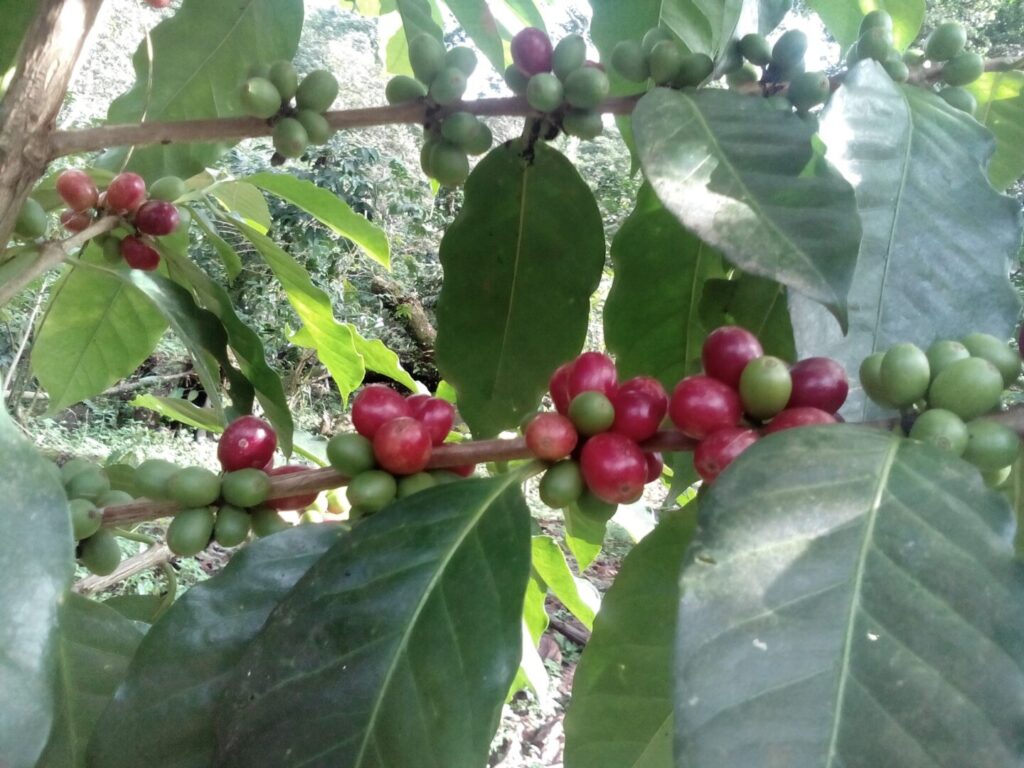Mexico is one of the main producers of organic coffee in the world, but it faces a growing problem related to the waste generated during its production. Approximately 90% of the coffee fruit is discarded, mainly in the form of pulp, which represents a significant source of environmental contamination.
Luz Mariana Pérez MontoyaD. student in Scientific and Technological Development for the Society of the Americas. Cinvestavproposes an innovative solution. His project seeks to take full advantage of the coffee residues through a system of circular bioeconomy, transforming them into useful and sustainable productssuch as cosmetics and building materials.
The coffee production process generates four main residues: pulp, mucilage, husk and grounds. These by-products have proven to possess valuable properties that could benefit various industries.
Perez Montoya's research indicates that these wastes can be converted into biofuels such as bioethanol, biogas and biodiesel, offering a sustainable and economical alternative.
In addition, coffee grounds, thanks to their antioxidant properties, have been transformed into products such as antioxidant cream and exfoliating shampoo, confirming their viability for commercial applications. Coffee husks have also proven to be a suitable material for the manufacture of construction components, due to their high strength and significant lignin content.
Backed by a Mexican restaurant chain, the project has environmental, social and economic implications. It not only seeks to mitigate the polluting effects, but also to generate welfare opportunities for the coffee-growing communities, recognized worldwide for their specialty coffee.
The cooperative Organic Producers of Tacanáin Chiapascollaborates in the project, guaranteeing that the solutions are aligned with the needs of the coffee growers and have a positive impact on the communities.
The model designed by Pérez Montoya promotes responsible agricultural practices and offers additional income from coffee waste.
Still in the experimental phase of theoretical development, it is hoped that this project can be replicated in other coffee growing regions of Mexico, benefiting more producers.
Source: Cinvestav


